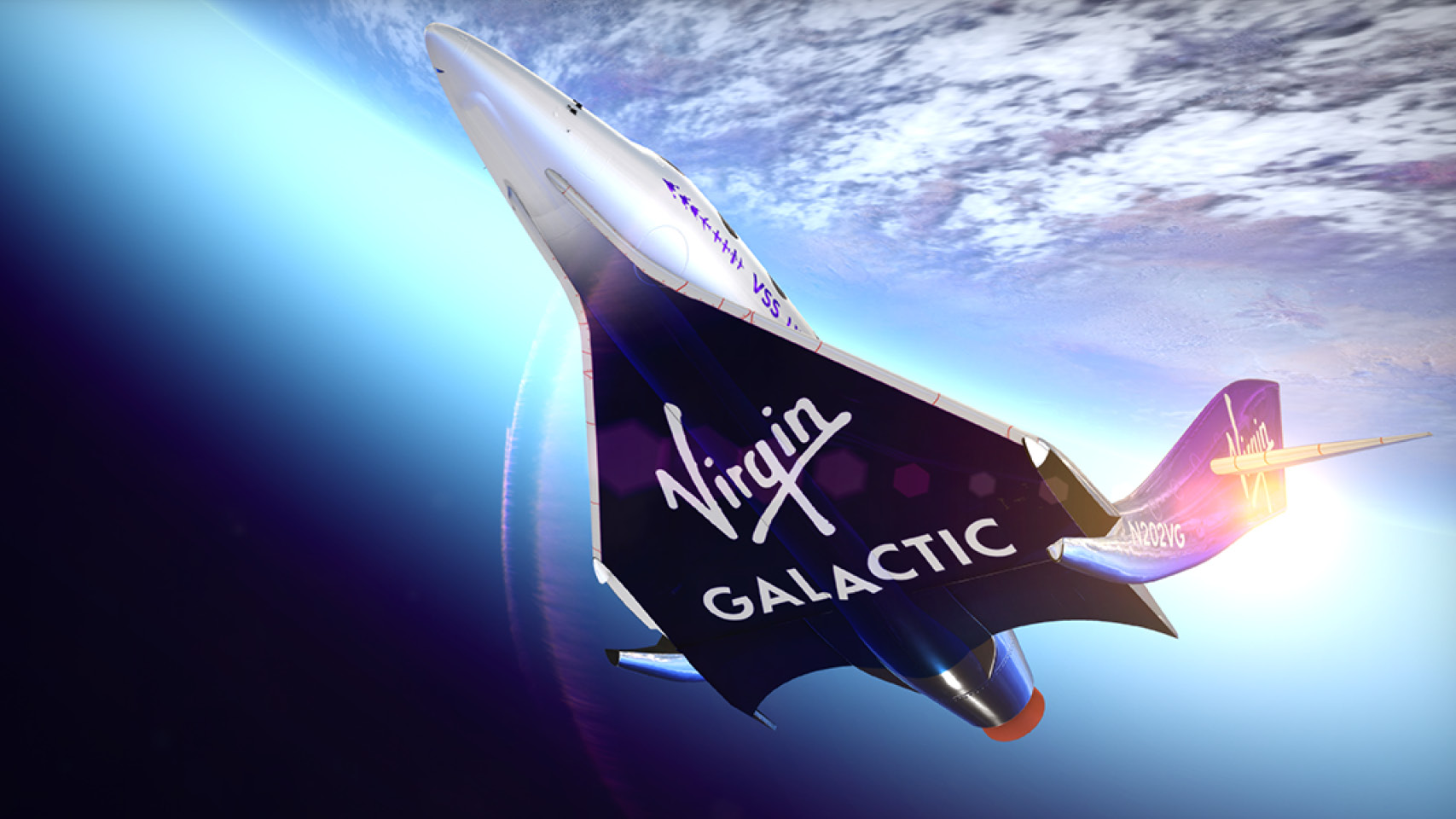Annual CSU|LAW Symposium Promises to Be Out of This World

The CSU Global Space Law Center is excited to host its annual symposium on The Legal and Operational Challenges of Human Space Flight on Thursday, Feb. 13, from 9 a.m. until 4:30 p.m. in the Moot Court Room at the CSU College of Law, 1801 Euclid Ave., room 101. Those interested in attending can register here, and by doing so in advance, will receive a free lunch.
The GSLC was founded by Professor of Law Mark Sundahl in 2017 and currently is the only law school center in the United States dedicated exclusively to the study of the law of outer space. The symposium will feature multiple panels discussing issues related to human space flight, ranging from health concerns to the need for increased regulatory oversight as the world inches closer to private human space flight. It will also address the operational and legal challenges facing the future of the field with thought-leaders sharing their ideas and potential solutions.
“Since Yuri Gagarin first pierced the veil of Earth’s atmosphere in 1961, 641 humans have earned the title of astronaut. Of this number, at least 60 are private individuals who have flown into space as tourists or as private astronauts,” said Sundahl.
“In coming years, SpaceX and other operators are preparing for a sharp increase in human space flight, with the Starship being designed to potentially transport up to 100 people on a single flight.”
Sundahl also noted that, as private space stations begin to populate Earth’s orbits and a permanent human presence is established on the moon, the number of destinations for human space flight will increase further spurring on the need to taxi humans to space.
“While the future is bright, many challenges remain. From bone loss and radiation exposure to the possibility of being stranded in space, the risks to the safety and long-term health of astronauts are significant,” said Sundahl.
“However, the legal questions may prove to be the most difficult to solve. Uncertainty continues as to where space begins and who, therefore, deserves the title of astronaut. The application of existing international law to space tourists is unclear. The rules governing the future Lunar Gateway are only now evolving and the domestic regulatory environment surrounding human space flight is currently insufficient.”
The symposium will also celebrate the involvement of Northeast Ohio’s important role in U.S. human space flight. The keynote address will be delivered by the Director of the NASA Glenn Research Center James A. Kenyon. Another highlight will be that of Blue Abyss, LLC., which is in the midst of constructing the largest water tank in the world in Cleveland to become a leading company in astronaut training.
For more information and registration information, please visit this site.